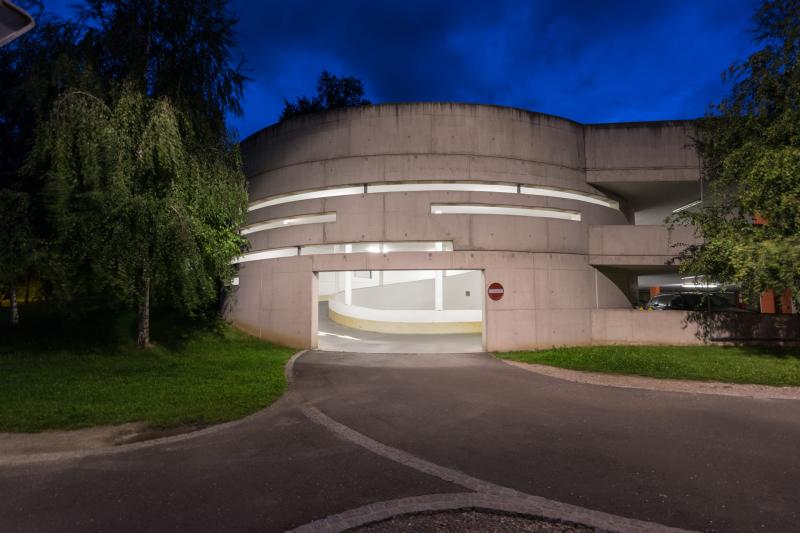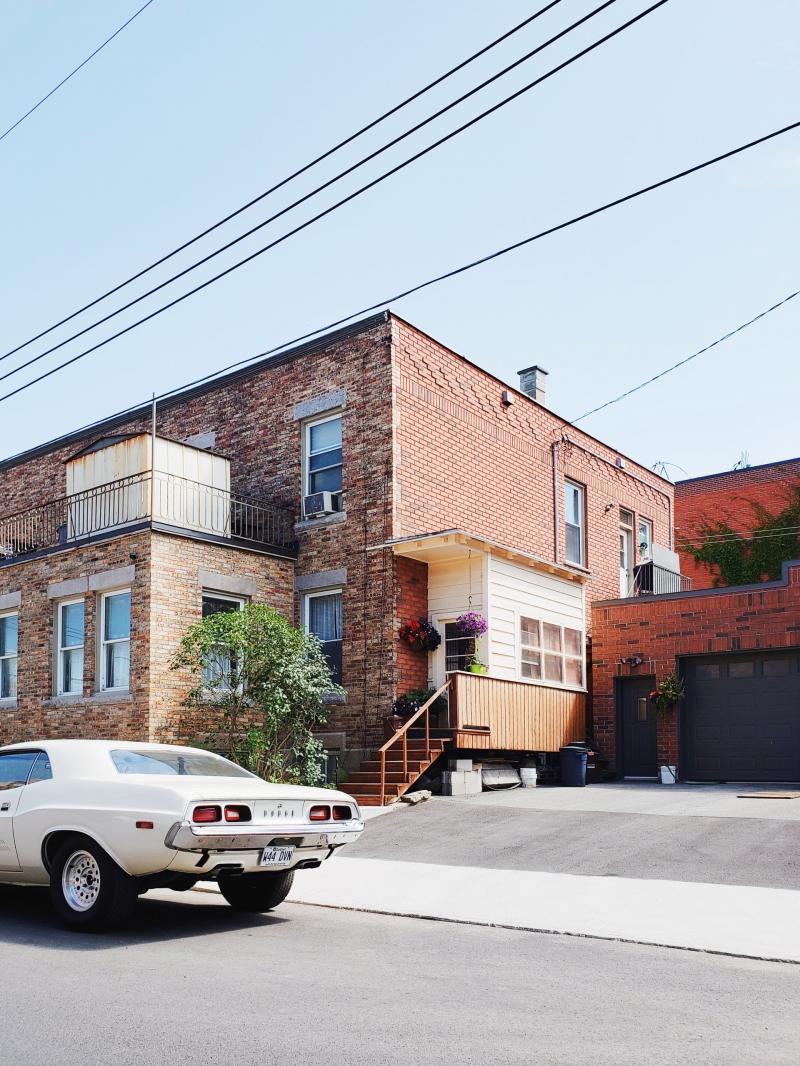Top 5 Do’s And Don’ts For Maintaining Your Concrete Driveway

Concrete is the most durable construction material for roads, car lots, and driveways. Yor driveway solidifies faster and continues to increase in tensile strength over time. For these reasons, like most homeowners, you’re likely to overlook the dos and don’ts for maintaining your concrete driveway. And doing so, you’re just as good as exposing your investment to ruin in no time. Therefore, in this post, we share with you 5 golden nuggets of the right actions to take and what to avoid to get the most of the money spent. Let’s dig in.
Dos;
- No Fly-by-night Contractor
Turning away from a pricey but professional contractor is the same as running into a Chinese knock-off at Harbour Freight. And even before calling in a so-called professional, strive to make a background check on the company, and read enough success stories from real previous customers. Finally, make sure they have an office you can always walk through the door to throw in your complaints should you need to.
- Keep It Wet
Your driveway should be ready for use in 2 weeks after construction. Endeavor to keep it wet frequently through those weeks with fine sprays of water introduced gently. This way, the aggregates make a stronger bond with the cement.
- Apply concrete sealant Every 2 Years
Concrete is not forgiving to dust, debris, and other elements easily deposited by wind. It absorbs them, and they create cracks, wears, and tears without you noticing it. A frequent concrete driveway sealing covers the concrete surface with protective layers. In essence, the porosity of the concrete is reduced and the defect-causing elements won’t be absorbed.
- Make The Quick Fixes
The more attention you pay the better. Look-out for the little inevitable wear and tears before they fester to take close them up on time or get your contractor to look them up.
- Be Fast About The Cleanups
If you have an engine oil or petroleum spill over your driveway, clean it up at that moment before it sticks or sinks deep into the structure. A little trisodium phosphate diluted with water is the best cleaning agent in either of the cases.

Don’t;
- Get To The Edges
Even when you have the construction edges protected, isolating them from loads is most ideal.
- Give way To Rodents
At the setting stage, birds and other rodents, even your pets, will leave ugly prints behind that stay forever on the surface. After curing too, endeavor to keep your driveway free from bird droppings.
- Plow Snow Aggressively
Use lightweight snow-plowing/snow-removal machines to get rid of snow carefully. The sharp tip of shovels and the load from heavy-duty snow-removal machines are detrimental.
- Allow Vegetation
The more it rains and the more water stays around concrete in contact with soil, the greater the conditions for vegetations. Control stagnant water, apply week killers and pull out sprouting weeds by the root. In essence, never give way to vegetation close to your concrete driveway.
- Powerwash
While washing your driveway keeps it clean, high-pressure power washers directed toward the floor will depress the concrete. Water should be introduced with a bowl and a broom or brush should do the scrubbing.
More to Read:
Previous Posts:











